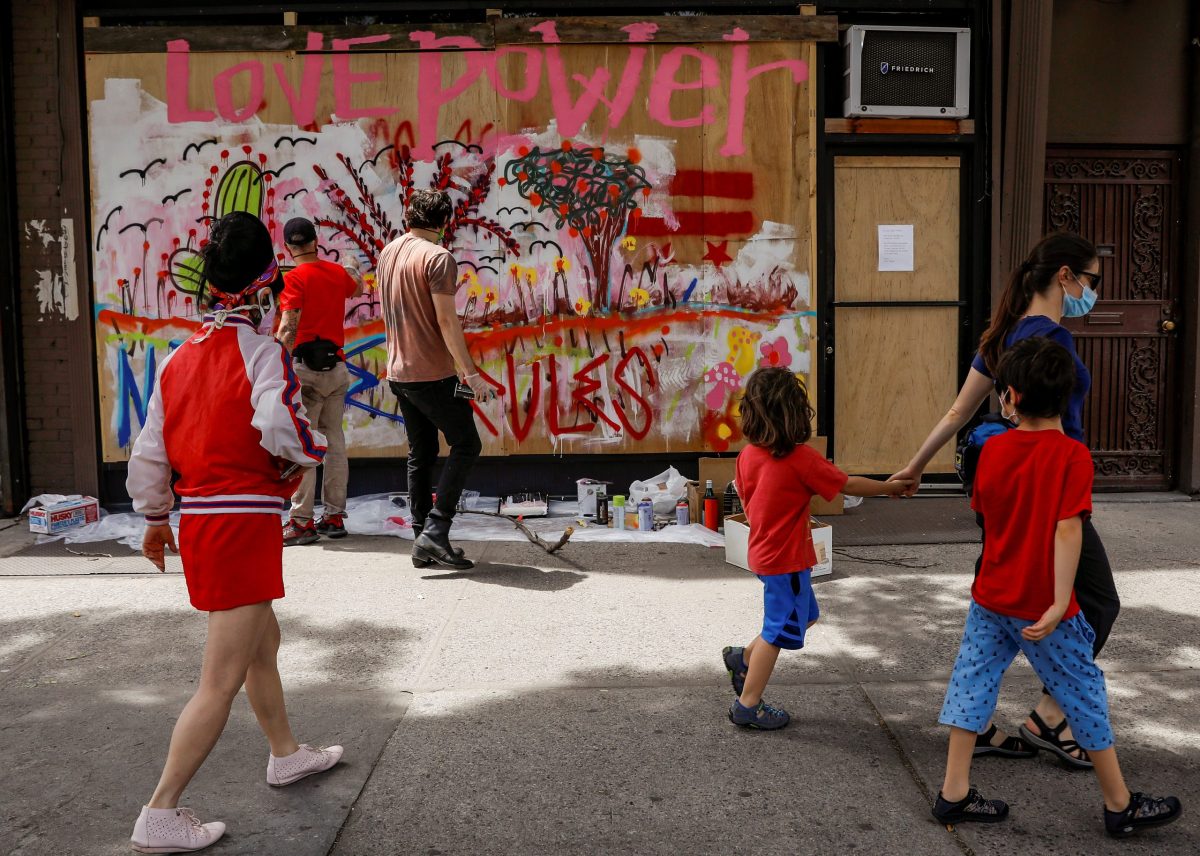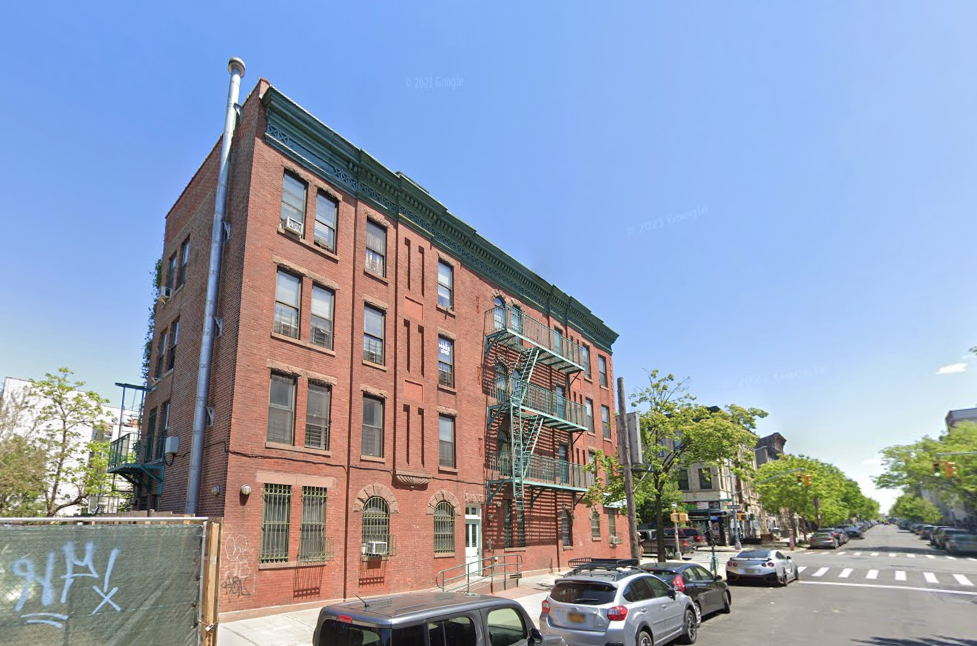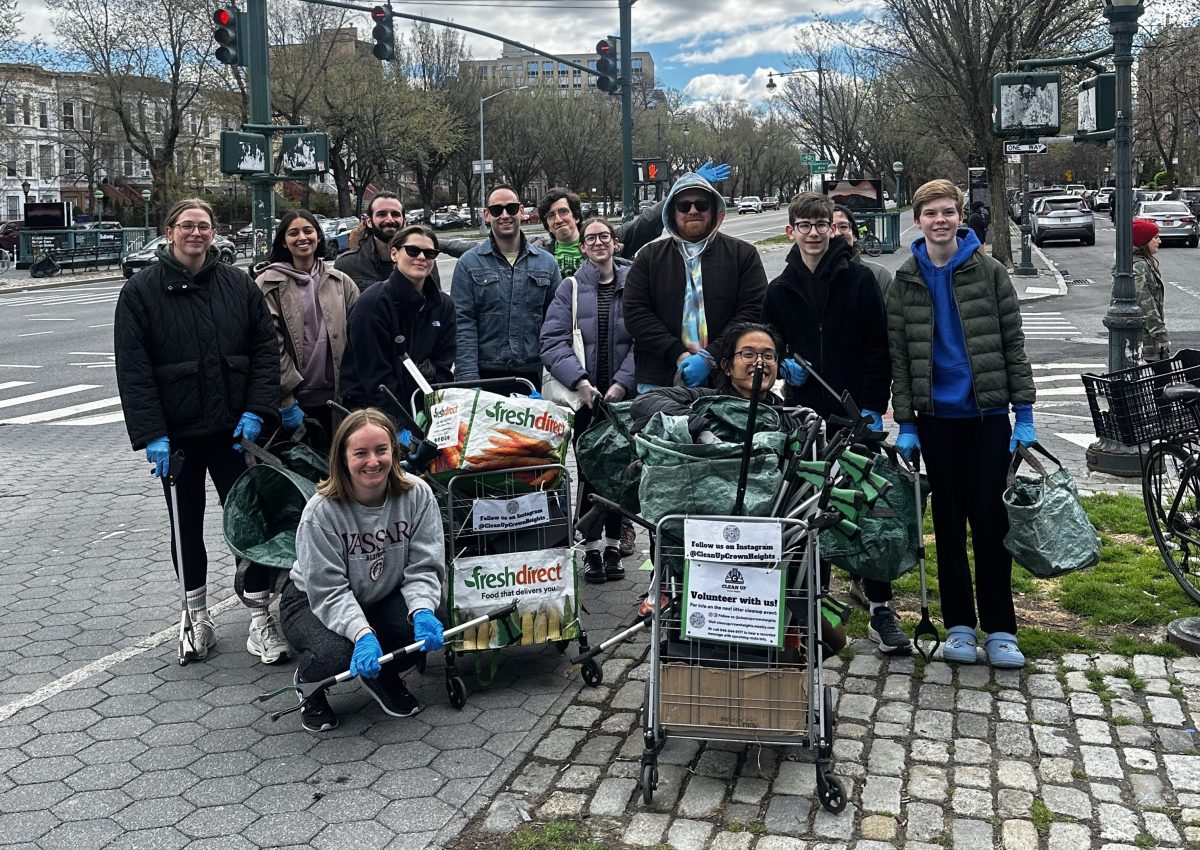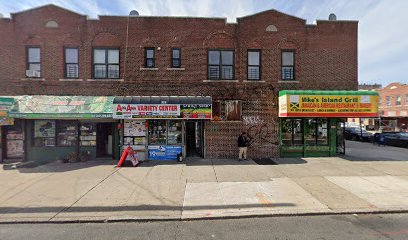As small businesses across New York struggle to pay the rent amid the COVID-19 pandemic, city lawmakers are looking for a way to help tenants and landlords renegotiate their existing leases and ease the economic pain.
Manhattan state Senator Brian Kavanagh and Assemblywoman Yuh-Line Niou have introduced a home rule bill that would allow New York City to launch a “recovery lease” program that would give landlords long-term tax incentives if they agree to restructure leases with their existing commercial tenants.
“Vacant storefronts and rising commercial rents are not a new phenomenon in New York, but the public health and economic crises have greatly exacerbated the hardships facing our small businesses,” Kavanagh said. “When storefronts are vacated, that can have a ripple effect, with reduced foot traffic making it harder for other businesses to thrive, jeopardizing the whole neighborhood.”
Niou noted that her home district includes Chinatown, which began suffering a severe drop in business in January as the COVID-19 pandemic began to spread globally.
“We have already seen far too many of our local businesses closed, and had too many of our community members laid off,” she said. It is necessary that we ensure that our remaining small businesses and small business owners who have been financially impacted by the COVID-19 pandemic are able to continue to maintain their commercial space through negotiated leases and long-term affordable rents.”
The bill, called the COVID-19 Small Business Recovery Lease Act, enables the City of New York to create legislation granting property tax abatements to building owners who agree to recovery leases with their current commercial tenants. The leases themselves will last at least 10 years, and limit annual rent increases.
Tenants who enter into new leases for spaces that were left vacant for reasons other than eviction would also be eligible to negotiate a recovery lease with their landlord.
The legislation has yet to be created on the city’s side, but Brooklyn City Councilman Brad Lander said he is working with other lawmakers, economists and business groups to design the recovery lease program.
“So many of our businesses were facing challenges of rent affordability before, now they’re facing giant arrears and overwhelming anxiety about their stability for the future,” Lander said. “By providing tax relief for commercial property owners, we can help small businesses lock in rents at stable, lower rates — a forward-thinking tool that will be essential for the rebuilding and recovery yet to come.”
For business groups and mom-and-pop merchants, the relief can’t come soon enough.
Daniella Stromberg, founder and owner of d’mai Urban Spa in Park Slope, Brooklyn, said she has just 14 months left on her lease, and to date, her landlord has been unwilling to consider renegotiating her lease.
“The ‘small business recovery lease’ bill, if it had been enacted already, would have been precisely what I needed to avoid a calamitous end to the thriving presence of my business for these past 15 years,” Stromberg said. “This bill would have offered me the protection I deserved. It would have saved our state from losing the payroll taxes my business has provided for a decade and a half.”
Wellington Chen of the Chinatown Partnership, Randy Peers of the Brooklyn Chamber of Commerce and Andrew Rigie of the NYC Hospitality Alliance also announced their support of the recovery lease legislation.
“I especially like that it helps both landlords and tenants,” Chen said. “One of the lessons we have learned from this crisis is that we must do as much as we can, for as long as we can, to keep small business owners from shutting their doors because once they vacate or leave, it is likely that it will take a long, long time before we can find another to take their place.”



















